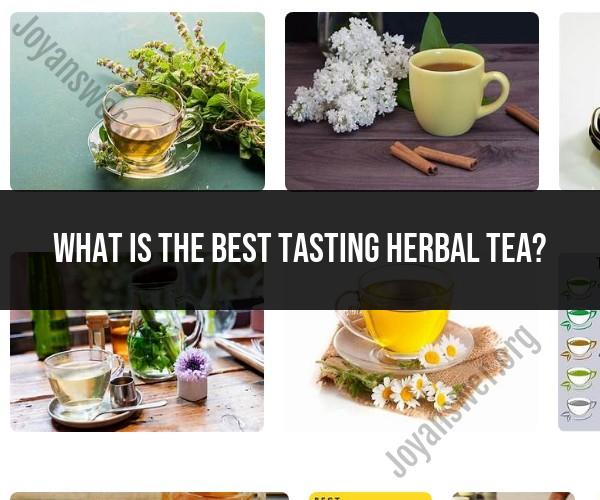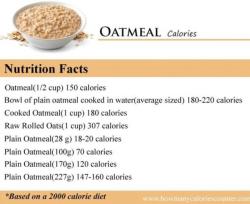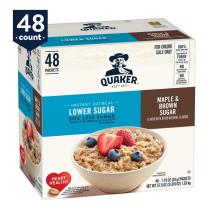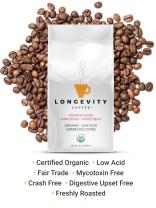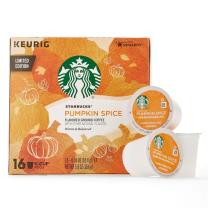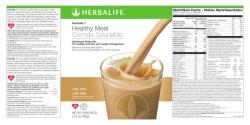What is the best tasting herbal tea?
The "best" tasting herbal tea is highly subjective and can vary greatly from person to person, as it depends on individual preferences and taste buds. Different herbal teas offer a wide range of flavors, from sweet and fruity to earthy and savory. Here are some popular herbal teas and their distinct flavors to consider:
Peppermint Tea:
- Known for its refreshing and minty flavor, peppermint tea is soothing and often used to aid digestion or as a natural remedy for headaches.
Chamomile Tea:
- Chamomile tea has a mild, floral, and slightly sweet taste. It is prized for its calming and relaxing properties, making it a popular choice before bedtime.
Ginger Tea:
- Ginger tea has a spicy, zesty flavor with a hint of sweetness. It is known for its potential digestive and anti-inflammatory benefits.
Lavender Tea:
- Lavender tea offers a floral and slightly sweet taste, reminiscent of the lavender plant's aroma. It is often used for relaxation and stress relief.
Hibiscus Tea:
- Hibiscus tea is tart and fruity, with a vibrant red color. It is rich in antioxidants and can be enjoyed hot or cold.
Lemon Balm Tea:
- Lemon balm tea has a mild lemony flavor with hints of mint. It is often used for its calming and mood-enhancing effects.
Echinacea Tea:
- Echinacea tea has an earthy and slightly bitter taste. It is commonly consumed as a potential immune system booster.
Rooibos Tea:
- Rooibos tea, also known as red bush tea, has a naturally sweet and nutty flavor. It is caffeine-free and rich in antioxidants.
Nettle Tea:
- Nettle tea has a grassy and earthy taste. It is often enjoyed for its potential health benefits, such as supporting the respiratory system.
Rosehip Tea:
- Rosehip tea is mildly fruity and tangy, with a pleasant tartness. It is a good source of vitamin C.
The best way to determine the herbal tea that suits your taste is to experiment and try various flavors. Consider your personal preferences, whether you prefer sweet or savory, fruity or earthy, and whether you are looking for specific health benefits. Many herbal teas are available in blends that combine different herbs and flavors, offering a wide range of options to explore.
The Quest for Flavor: Finding the Best-Tasting Herbal Tea
Herbal teas have been enjoyed for centuries for their delicious flavors and health benefits. With so many different types of herbal teas available, it can be difficult to know where to start. Here are a few tips for finding the best-tasting herbal tea:
- Consider your preferences. Do you like sweet or tart teas? Do you prefer fruity, floral, or spicy flavors? Once you know what you like, you can start narrowing down your choices.
- Read reviews. Once you've found a few herbal teas that sound appealing, read reviews from other customers. This can help you to get a sense of the flavor profile of each tea and to avoid teas that have a lot of negative reviews.
- Try a variety of teas. The best way to find your favorite herbal tea is to try a variety of different types. There are many different herbal tea brands and blends available, so you're sure to find something you love.
Delightful Flavors in a Cup: Discovering Tasty Herbal Teas
Here are a few specific herbal teas that are known for their delicious flavors:
- Chamomile: Chamomile is a popular herbal tea with a calming and relaxing flavor. It is often used to promote sleep.
- Peppermint: Peppermint tea has a refreshing and invigorating flavor. It is also known to help with digestive problems.
- Ginger: Ginger tea has a spicy and warming flavor. It is often used to relieve nausea.
- Hibiscus: Hibiscus tea has a tart and tangy flavor. It is also a good source of vitamin C.
- Lemongrass: Lemongrass tea has a citrusy and refreshing flavor. It is also known to help with digestion.
These are just a few of the many delicious herbal teas that are available. With so many different flavors to choose from, you're sure to find an herbal tea that you love.
Savoring the Aromas and Tastes of Premium Herbal Teas
When brewing herbal tea, it is important to use fresh, high-quality ingredients. This will help to ensure that your tea has the best possible flavor.
Here are a few tips for brewing the perfect cup of herbal tea:
- Use filtered or bottled water. This will help to remove any impurities from the water that could affect the flavor of your tea.
- Heat the water to the correct temperature. Different herbal teas require different water temperatures. Be sure to read the brewing instructions on the package to ensure that you are brewing your tea at the correct temperature.
- Steep the tea for the correct amount of time. Most herbal teas should be steeped for 3-5 minutes. However, some teas may require longer or shorter steeping times. Be sure to read the brewing instructions on the package to ensure that you are steeping your tea for the correct amount of time.
- Enjoy your tea! Herbal teas can be enjoyed hot or cold. You can also add honey, lemon, or milk to your tea to enhance the flavor.
By following these tips, you can savor the aromas and tastes of premium herbal teas.
